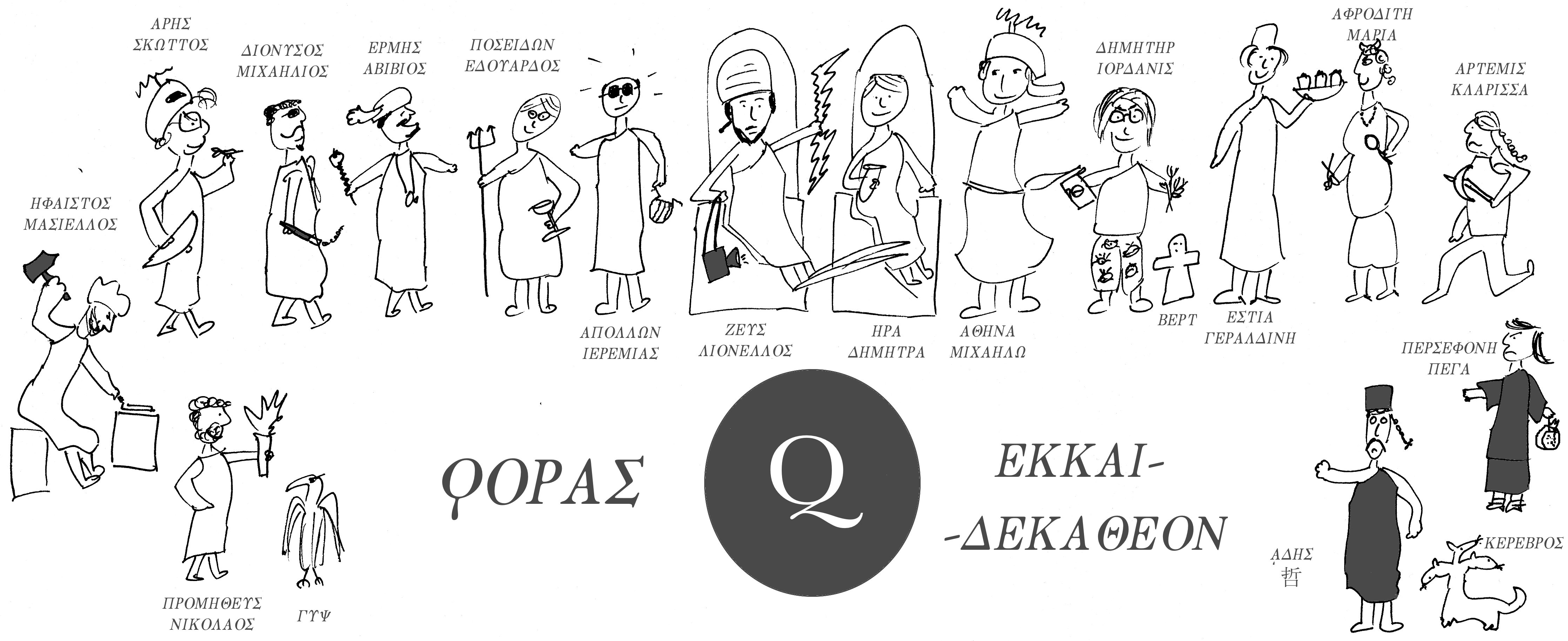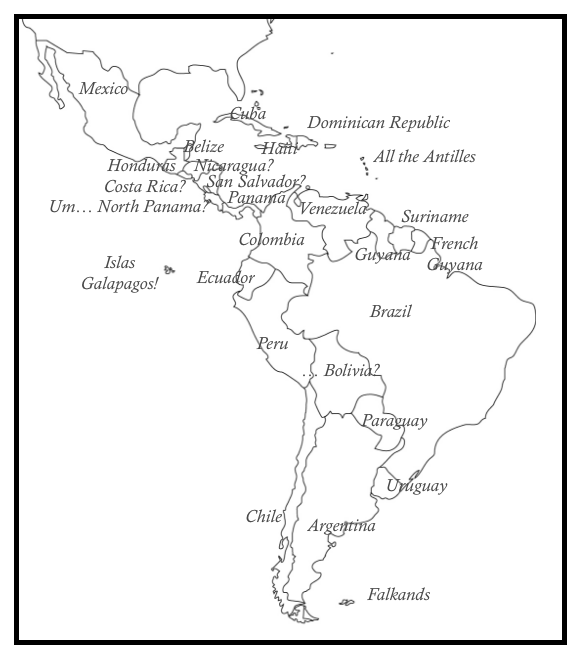I’m going to give one for each decade from the 30s through the 70s. I’m going to put up, not necessarily my favourite songs, but the songs I think have had the greatest cultural impact.
1935. Φραγκοσυριανή (Frangosyriani): Catholic Girl from Syros. Lyrics: Markos Vamvakaris. Music: Markos Vamvakaris.
Markos was the master of the Peiraeus tradition of rebetiko, which switched from an Anatolian, plaintive setting for songs about hashish and swag, to a Greek, jaunty setting for songs about hashish and swag.
Frangosyriani marks the beginning of the end of the tradition. Wikipedia says it was written in ’35, but it already sounds like it was written in ’36, when the Metaxas dictatorship censored both the lyrics and—more lastingly—the scales of rebetiko. It’s just a list of scenic locations in Syros where Markos would take his fellow Catholic girlfriend. Its music lacks the bite of what made Markos great.
But this is his lasting legacy, a tune that gets everyone swaying, a tune suffused with elegance and romance—and jauntiness.
Here’s the best known, 1960 recording.
I have a swelling, a flame, inside my heart
as if you’ve cast a spell on me, sweet Catholic girl from Syros.
I’ll come meet you down by the beach.
I’d like to fill you with caresses and kisses.
I’ll take you on a trip to Finikas and Parakopi,
to Galissa and Della Grazia, even if I get a heart attack.
At Pateli, at Nichori, a fine time at Alithini,
and romancing at Piskopio, my sweet Catholic girl from Syros.
1948. Συννεφιασμένη Κυριακή (Synnefiasmeni Kyriaki): Cloudy Sunday. Lyrics: Alekos Gouveris or Vasilis Tsitsanis. Music: Vassilis Tsitsanis.
If Markos was master of the Peiraeus blues, Tsitsanis was master of what came next: the transformation of rebetiko into a genre palatable to the masses, cleaned up, and with virtuoso flourishes.
Cloudy Sunday is the song that, at least when I was young, every Greek knew by heart, and was guaranteed to bring a tear to every Greek’s eye. It has a dignified, stately melancholy to it, a proud swelling of the heart.
Tsitsanis let it be understood that the song was written in 1942, while Athens all around him was starving. That was no doubt a big part of why the song became so well loved. The prevalent theory is that the lyrics were written in 1946 by a friend of his, because his soccer team had lost that Sunday.
In truth, that doesn’t diminish the song a bit. The song stands just fine on its own. Here’s the definitive performance by the great Stelios Kazantzidis.
stixoi.info: Συννεφιασμένη Κυριακή
Cloudy Sunday, you’re like my heart,
that’s always overcast—Oh Christ and Virgin Mary.
When I see you all rainy, I have not a moment’s peace.
You blacken my life, and I sigh bitterly.
You’re a day just like the day I lost my joy.
Cloudy Sunday, you make my heart bleed.
1958. Δυο πόρτες έχει η ζωή (Dio Portes Echi i Zoi): Life has two doors. Lyrics: Eftichia Papagianopoulos. Music: Stelios Kazantzidis.
Kazantzidis also wrote songs, and this is perhaps one of his greatest.
Kazantzidis is perhaps an acquired taste. In my youth, I dismissed him as boorish, mawkish, too Oriental. I matured, I learned there’s a place for that in life. I learned that pain in life deserves wallowing in music. And after I took part in a drunken singalong to this, I could never dismiss him again.
I’m living my last night tonight.
And those who have embittered me so,
now that I am leaving life behind,
I forgive them all.
Everything is but a lie,
a breath, a sigh.
Like a flower, a hand
will cut us one dawn.
Where I am going, tears and pain have no purchase.
Suffering and sorrow
will stay behind in life,
and I will leave alone.
Life has two doors: I opened one and went in.
I took a stroll one morning,
and by the time sunset came
I left by the other.
1962. Ένα Δειλινό (Ena dilino): One evening. Lyrics: Mikis Theodorakis. Music: Mikis Theodorakis.
Theodorakis is a defining figure in Greek music and Greek politics; his star has been tarnished, but he expressed a generation, and that does not change, even if the generation has become disillusioned since.
This was likely his greatest song, where he transformed the bouzouki song into a a not-so traditional lament for the dead. The song was one of many Theodorakis used in his play on the reccent Greek Civil War—each and every one a hit.
And none more transcendental in its keening than this.
https://youtube.com/watch?v=FVb8YkFuTZE
One evening, they bound you to the cross.
They nailed your hands, they nailed my insides.
They bound your eyes, they bound my soul.
One evening, they broke me in two.
They stole my sight, they took my touch,
My hearing remains, to listen to you, my child.
One evening, like the golden eagle,
swoop over the sea, swoop over the fields.
Make the mountains flower, and the people rejoice.
1974. Τα λόγια και τα χρόνια (Ta logia ke ta chronia): The Lost Words and Years. Lyrics: Manos Eleftheriou. Music: Yannis Markopoulos.
I’ve already posted about this song, and its cultural resonance, in Nick Nicholas’ answer to What are your favourite lyrics?
https://youtube.com/watch?v=xIgakumAkUE
Yes, there’s wild applause whenever the altered lyrics alluding to the Athens Polytechnic uprising are sung (“Friday the Killer’s night”). That kept happening throughout the 70s.


